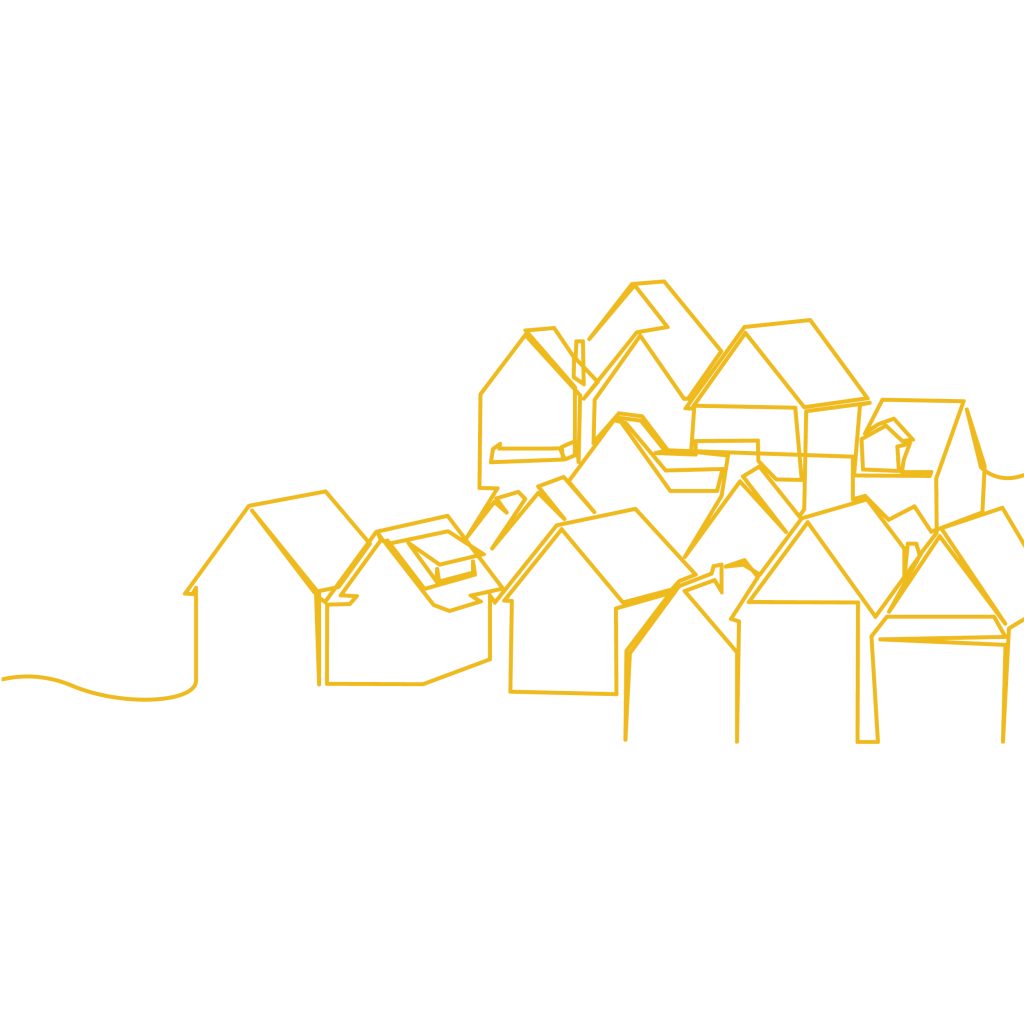Waiting for social housing
August 8, 2023
What is helpful for people experiencing the uncertainty and stress of waiting for social housing?
A major new report released during Homelessness Week points to the importance of the supports provided by community organisations, family and friends. And it advocates for key improvements that governments can make to their housing policies, systems and processes.
“Addressing the current shortfall in affordable housing supply is crucial,” said Noel Mundy, Anglicare Tasmania’s General Manager – Housing and Community Services.
Everyone needs the foundation of a secure and affordable home.
Waithood: the Experiences of Applying for and Waiting for Social Housing explores information gathered from 75 interviews with people in Tasmania, New South Wales, and Queensland who had spent time waiting for social housing.
People described spending a considerable proportion of their income to pay for a private rental, living in temporary arrangements such as a shelter, motel, boarding house or car, couch surfing with family or friends, or enduring ‘sleeping rough’. They told of being unable to afford adequate food, electricity and health care. The mental and physical health impacts were marked, and those waiting for social housing were highly anxious about their financial situation, accommodation and the future. Parents were especially worried about the negative effects on their children.
Those who took part in the interviews described waiting as ‘horrible’, ‘demoralising’, ‘traumatic’, ‘nerve-wracking’, ‘tiring’, ‘dreadful’, ‘disappointing’ and ‘soul-destroying’. A common sentiment was that they felt powerless and anxious.
However, the report showed that support from organisations, families and friends helped many people to cope with dire situations.
This support included assisting with applications, providing temporary accommodation and food parcels, and showing empathy. For example, Pauline said she appreciated her friends’ understanding of her circumstances:
“…[they’re] good friends who don’t treat me like a charity case. They just treat me like an equal. But they don’t put something on me that they know I wouldn’t be able to afford”.
The report found that the Tasmanians interviewed had generally found the application process much simpler and more straightforward, compared with those in NSW and QLD.
In Tasmania, people applying for social housing are assisted by a professional assessment worker at Housing Connect. Anglicare Tasmania delivers the Housing Connect service in the North and North West of the State. The report said adoption of the Tasmanian model could be beneficial nationwide.
People who had secured social housing described it as life changing. Jack, a Tasmanian interviewee said:
Pretty much every aspect of your well-being is all connected to that simple basic thing, your accommodation. It all stems from that and now that I’ve got certainty for the future. There’s finally a foundation to actually build or rebuild a life on.
The report highlighted the urgent need to build more social housing as rapidly as possible. “Ample provision of social housing is especially important for those groups that are extremely vulnerable – people who have escaped from domestic violence, people with disability or whose children have disability, single parents and marginally housed or homeless First Nations households,” it said. The report also recommended an immediate response to those waiting for social housing – in the form of increased income support, access to crisis and transitional accommodation, and capped rental rises.
Anglicare Tasmania was a project partner organisation for this research which was funded by the Australian Research Council.

